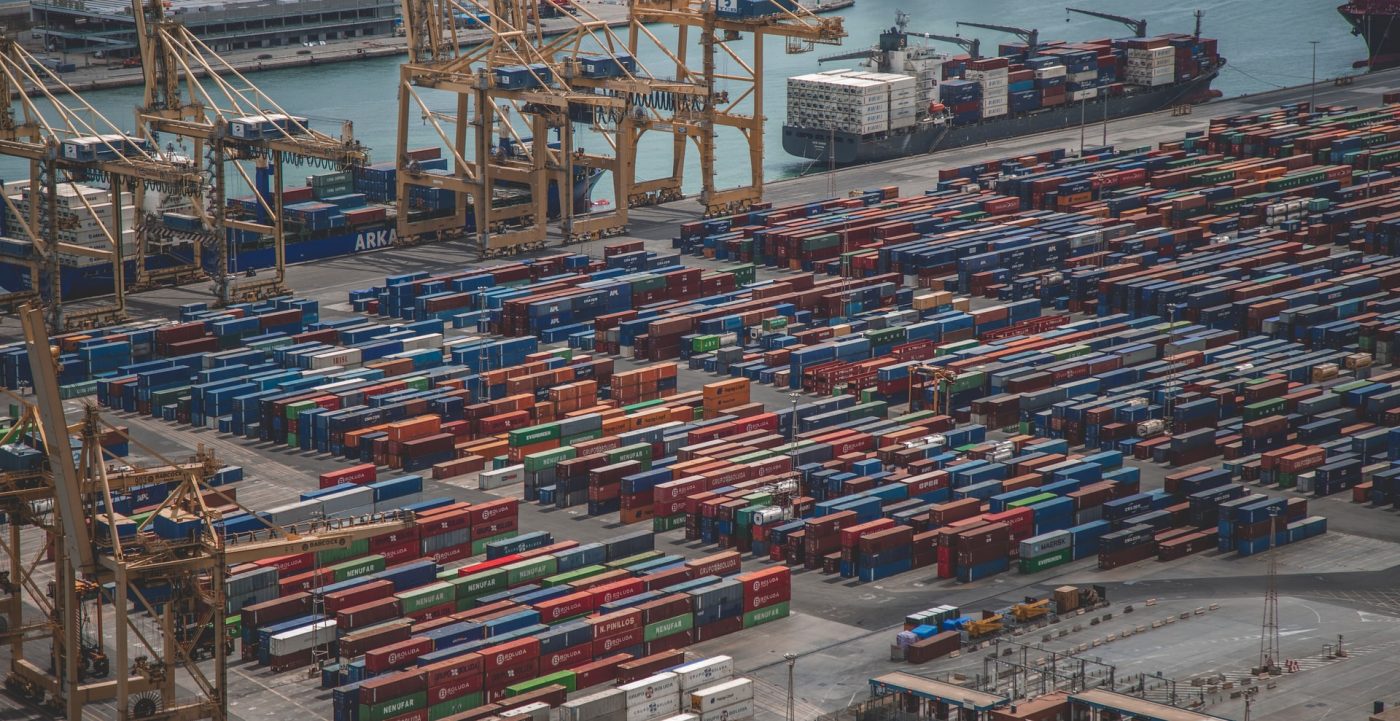Emma Long, Avocet Clearance
With the UK set to cut ties with the EU in less than 5 months, the following short article summarises the latest update on the UK Global Tariff (UKGT), as issued by the Department of International Trade (DIT).
The UK Government’s decision to set duty rates in the UKGT requires observation of the following 5 principles, as set out in the Taxation (Cross-border Trade) Act of 2018:
- The interests of UK consumers
- The interests of UK producers
- The continued maintenance and promotion of the UK’s external trade
- Maintenance and promotion of UK productivity
- The extent to which the involved goods are subject to competition
The UK government has also strategically balanced different trade objectives, from maintaining their commitment to reduce the poverty of developing countries via trade to the delivery of the UK’s trade ambition and FTA agenda.
Upon deciding which lines to liberalise, the UK Government referred to the February 2020 public consultation, comprising feedback from over 1,300 stakeholders. The liberalisation of lines is, therefore, intended to increase the ease with which UK importers trade through the expansion of existing choices, the reduction of input costs for UK producers to accommodate manufacturing goods in the UK, and the driving of competitive prices for households. However, as with all government policies, the DIT state:
“We remain open to hearing feedback from stakeholders on the UKGT.”
Unless a preference is applicable, such as a free trade agreement (FTA), the UKGT will apply to all imports into the UK from the 1st of January 2021. The DIT is aiming for a zero tariff zero quota between the EU and UK and are currently in the process of developing an autonomous tariff suspensions regime. We await further information on this as it develops.


